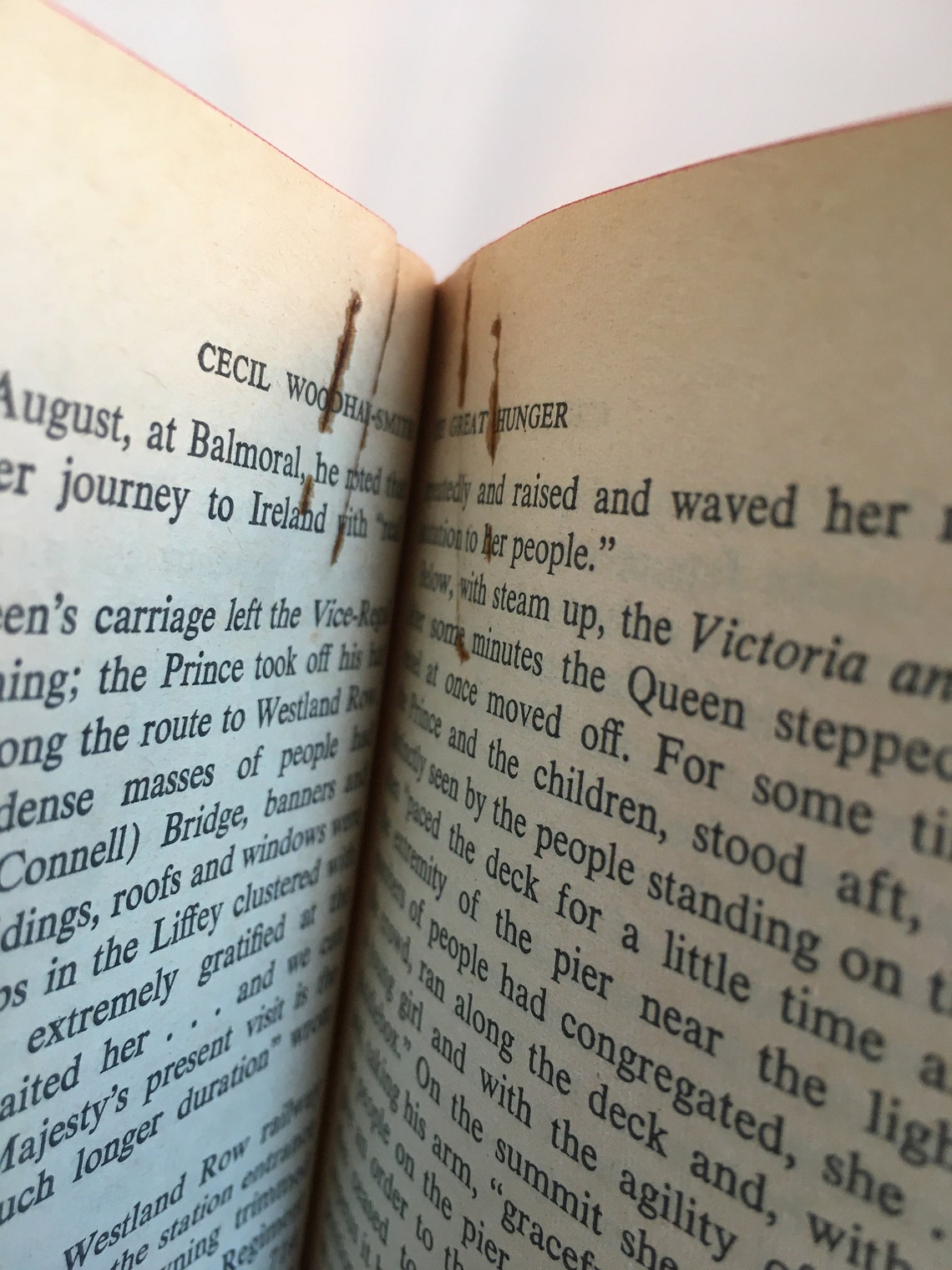

(.)ģ Charles Edward Trevelyan was Assistant Secretary to the Treasury from 1840 to 1859 – in other words, its highest-ranking civil servant, working under the direct authority of the Chancellor of the Exchequer. 4 Gearóid Ó TUATHAIGH, Ireland Before the Famine, 1798-1848, Dublin: Gill & Macmillan, 2 nd ed.3 Peter GRAY, Famine, Land and Politics: British Government and Irish Society, 1843-50, Dublin: Irish (.).

McDOWELL, ‘Administration and the public services, 1800-70’, pp. Nationalists and post-revisionists on the other hand consider that London failed to live up to its duty to protect the Irish, whom it perceived as second-class subjects of the United Kingdom, and who thus could not avail themselves of the full resources of the Exchequer of the most developed nation of its time.Ģ In order to better understand the issues, the article will first look at Trevelyan and Mitchel’s interpretations of the Great Famine, before turning to later developments in the writing of its history: the first scholarly works on the subject, the emergence of revisionism, Irish reluctance to come to terms with the Famine, and the outpouring of new work since its 150 th anniversary. Indeed, revisionists generally downplay Britain’s responsibility, stressing the fact that the Famine was a natural disaster of unprecedented scale and that the British Government deployed extraordinary means to deal with it, though admittedly with limited success. 1 They may be considered as representative to some extent, albeit in an extreme form, of two dominant trends within its historiography as far as London’s role during the Famine is concerned. Yet two distinct voices emerge from the hubbub: those of Charles Trevelyan, a British civil servant who supervised relief operations during the Famine, and John Mitchel, an Irish nationalist who blamed London for the many Famine-related deaths.




 0 kommentar(er)
0 kommentar(er)
